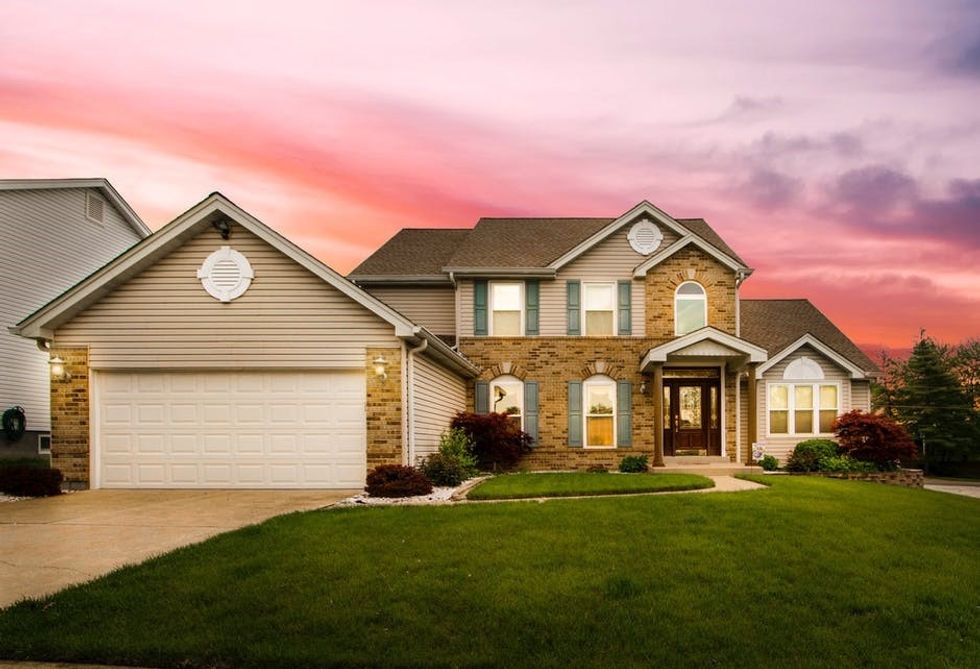Imagine that you're standing in front of your bathroom mirror in the morning, fresh up from sleep,
when you see it flashing your first social media news feed of the day. Sounds like a sci-fi movie? Absolutely. But, we're not talking about one. 2019 has already seen a number of updates, upgrades, and new introductions in the sphere of home automation.
So, where's the industry headed? Let's see.
How is the smart homes segment in India shaping up?
In a report published on home automation trends in India, Statista, a German statistics portal, has predicted that the number of homes with active home automation systems could go up to 5 million by 2023. While average revenue from smart security in an active household, in 2019, is estimated to be about US$228, it is likely to be about US$258 from smart appliances.
Another online source estimates that the residential segment accounts for almost 60% of the home automation industry in the country whereas the commercial segment contributes to approximately 30% of the market. Hospitality accounts for the remainder.
With a palpable change in people's attitude towards smart security, appliances, and energy management, it's no surprise that in 2019, we've seen some major technological upgrades and disruptions. Of course, not all upgrades have been earth shattering. Some have merely been incremental, albeit necessary.
Popular home automation trends of 2019
From the first few months of 2019, we've managed to pick up some remarkable smart home technology trends. Here's a list:
1. Are smart mirrors the 'big invention' of 2019?
Although this idea or technology may not be completely new, this year, we have seen a lot more emphasis on its improvement. The reason, some believe, is its connection to human health. While it's true that a smart mirror can give you weather and social media updates or interact independently with other smart home appliances, its greatest application probably lies in the domain of wellness. The ability of these mirrors to pick up subtle health signals and predict possible onset of diseases make them important.
Recent developments have shown that these devices can assess a person's health conditions based on common indicators such as BMI, blood pressure, cholesterol levels, and more. It mayn't be an exaggeration to suggest that they can revolutionise the field of health & wellness in the coming years.
2. Are smart cameras and sensors getting smarter?
Smart cameras, intelligent locks, and motion sensors are not exactly new. However, this year, the emphasis has been on solving a persistent problem. These so-called intelligent devices, in the past, most often didn't have the ability to make the right calls.
While they could pick up signals or record feeds, they would often emit emergency signals for small things like a car pulling up outside a home. This would lead to disruption of life, causing annoyance among many homeowners. With improved artificial intelligence technologies this year, the focus has shifted to development of cameras or sensors that report genuine anomalies. Technology companies are also working on improving the quality of data collected and the soundness of inferences made by these devices.
All Total Environment homes feature colour door cameras with call bell facility outside the main door. In addition, panic buttons at the entrance lobbies and bathrooms, can be activated to intimate authorities in case of emergencies. The main doors are secured with biometric locks.
If interested, schedule a visit to the experience home at our villa-only project After the Rain to check out the advanced security features.
3. Are smart water monitors and controllers actually effective?
Prevention is always better than cure. It's true for everything, from human health to water pipes. It's because even the smallest of leakages can wreak havoc. Sometimes, detecting a leak in the central water pipe can take hours. That's sufficient time for complete destruction of home furnishing and appliances. Not to mention the expense of repair and possible replacements. Smart water monitors can predict leaks even before they occur. In the process, they can avert major disasters.
Smart controllers are also increasingly being used to control water sprinklers and drip irrigation systems installed in gardens. Many home developers are installing wireless systems that can be controlled by homeowners from anywhere in the world.
Private gardens in Total Environment villas and apartments come with automated sprinkler and drip irrigation systems. In addition to saving labour, they also prevent wastage of water.
4. What if you could 'cook smart'?
No, this is not a rhetorical question. We're referring to smart kitchen appliances and devices that allow you to automate, fully or partially, certain parts of the cooking process. For example, there're some apps that allow you to monitor and regulate the temperature of your dishes. There're others that use connected scales to measure the proportion of ingredients mixed and find the right balance.
That's not all. Some companies, such as GE, have introduced integrated kitchen hubs. These consoles can be used to regulate ventilation, temperature, and lighting inside kitchens. Additionally, they can show online recipes, place calls for you, control other smart devices, and even play music while you cook.
As a conscientious developer, Total Environment has always promoted and used smart technology because it not only reduces human effort and improves quality of life but it also leads to better energy management. Come for a guided tour to any Total Environment property to see it for yourself.




 StableDiffusion
StableDiffusion StableDiffusion
StableDiffusion StableDiffusion
StableDiffusion Photo by
Photo by  Photo by
Photo by  Photo by
Photo by 
 Photo by
Photo by  Photo by
Photo by  Photo by
Photo by  Photo by
Photo by  Photo by
Photo by 











